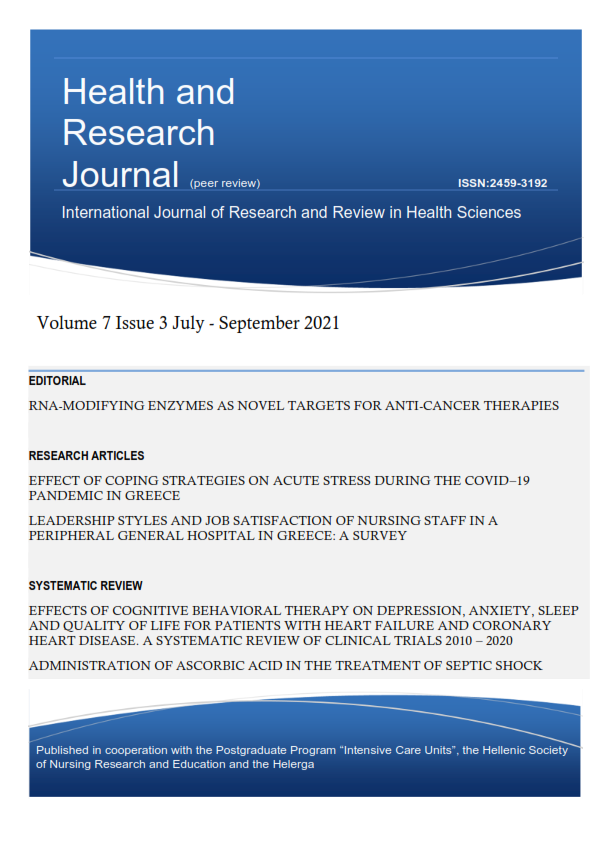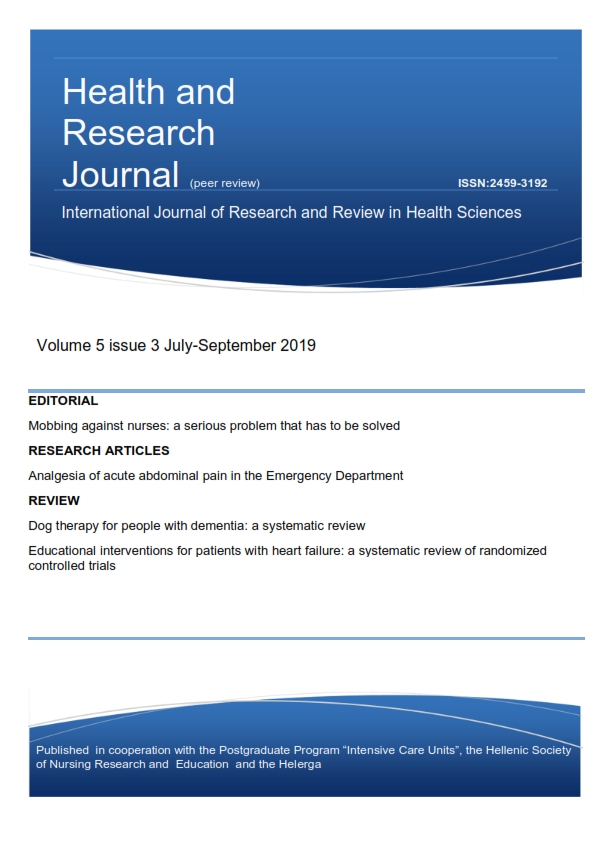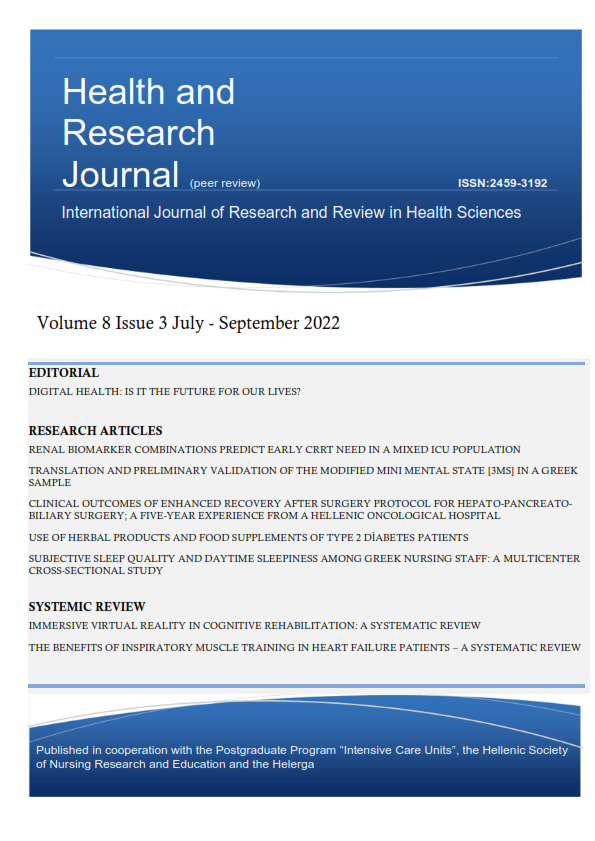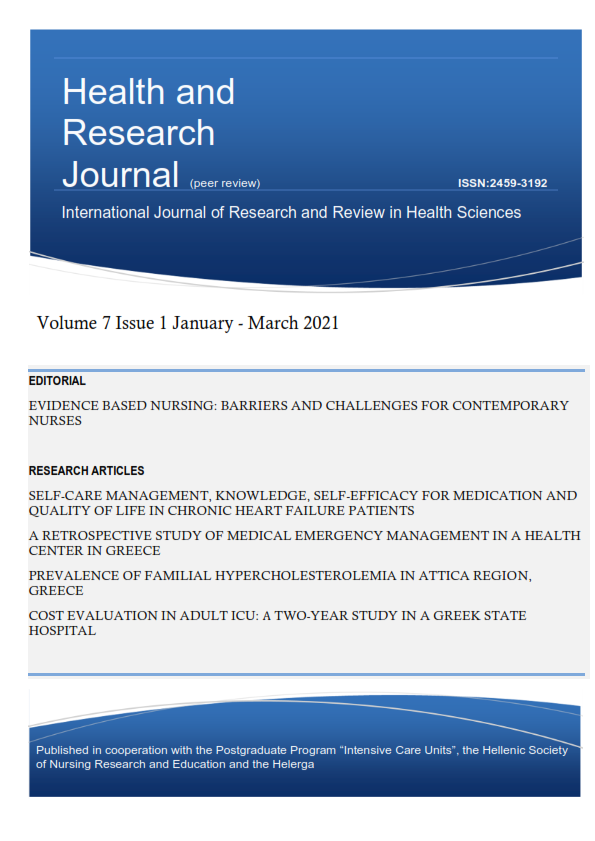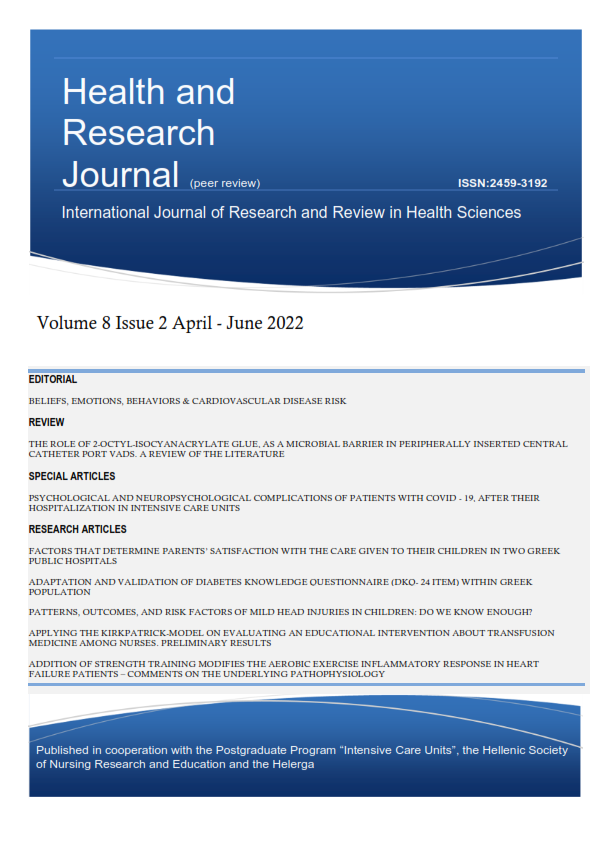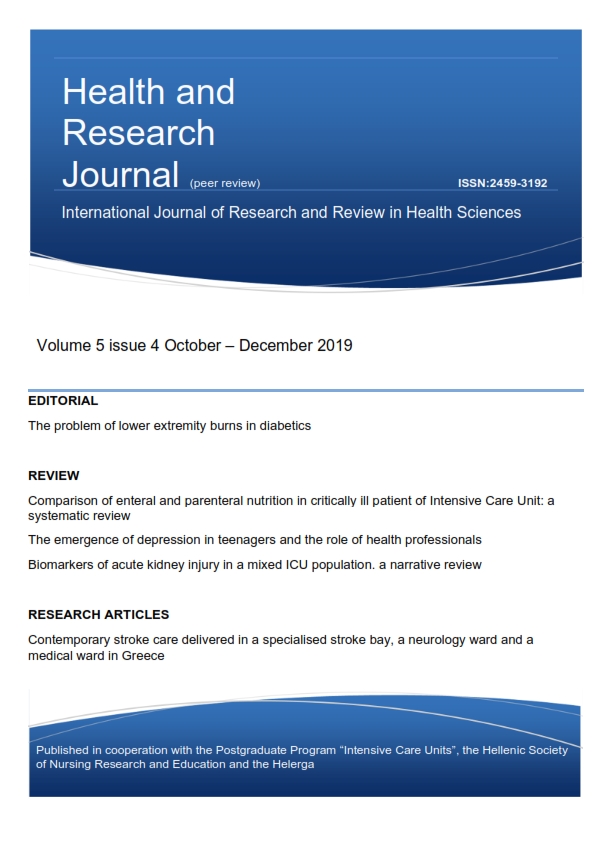The effects of probiotics, prebiotics and synbiotics on infections and clinical outcomes in critical illness: A systematic review
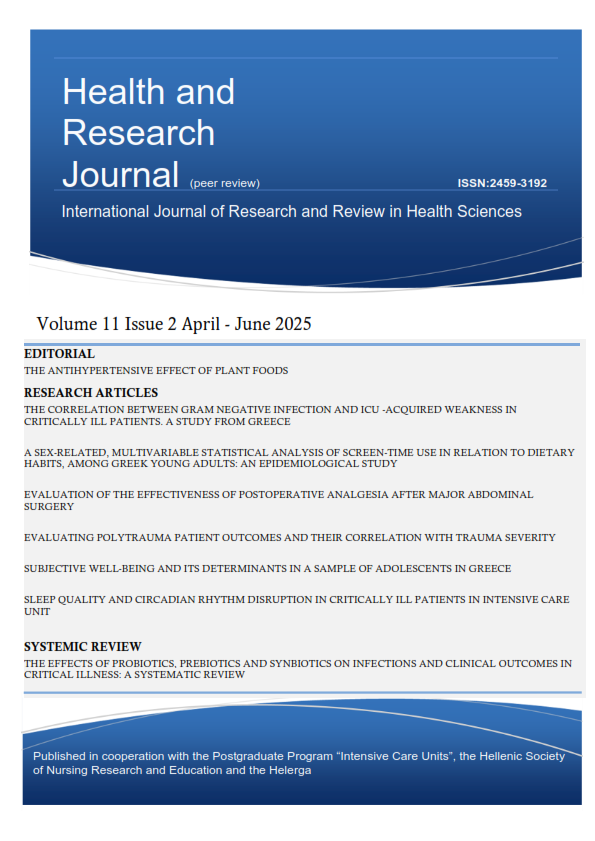
Abstract
Background: Critically ill patients treated in intensive care units (ICU) are characterized by a qualitative and quantitative change in the composition of their intestinal microflora, leading to a reduction in commensal flora and an overgrowth of potentially pathogenic bacteria, which increase susceptibility to nosocomial infections and compromise their outcome. Probiotics are live, non-pathogenic microorganisms that can provide health benefits to the host, such as restoring the balance of the microbiota and positive effects on immune function and gastrointestinal tract structure and function, when ingested in sufficient quantities. This systematic review aimed to evaluate the effects of probiotics/prebiotics and synbiotic mixtures on infections and clinical outcomes in critically ill patients.
Method and Material: Randomized clinical trials (RCTs) were reviewed in PubMed, EMBASE, CINAHL, CENTRAL and COHRANE from January 2004 to November 2024. Initially, 81 RCTs were selected, which evaluated the effects of probiotics or synbiotics versus placebo or prebiotics on clinical outcomes in adult ICU patients. Following the implementation of the PRISMA statement, 25 studies were finally included in this systematic review, and 5.106 patients were identified for analysis. The total number of new infections was the primary outcome. Secondary outcomes included mortality, ICU-acquired pneumonia, duration of mechanical ventilation (MV), length of stay (LOS) in the ICU, hospital and diarrhea.
Results: Probiotics were associated with a significant reduction in infections and ventilator-associated pneumonia (VAP), shorter duration of MV, ICU and hospital LOS and fewer episodes and shorter duration of diarrhea. No effect on ICU or hospital mortality was observed. Moreover, the greatest improvement in most outcomes was seen with probiotics alone compared to synbiotics mixtures, with a higher dose of probiotics (≥5 × 109 CFU/day) and with at least 14-15 days of supplementation.
Conclusion: Probiotics appear to reduce infectious complications, including ventilator-associated pneumonia, in critically ill patients and positively influence ICU and hospital LOS, days on MV and diarrhea. However, clinical heterogeneity and potential publication bias limit a clear clinical recommendation. Further research on probiotics in critically ill patients and more high-quality clinical trials are needed to demonstrate these benefits.
Article Details
- How to Cite
-
Konsta, O., Linardatou, V., Papachatzakis, Y., Karatzanos, E., Philippou, A., Vasileiadis, I., Manios, Y., & Nanas, S. (2025). The effects of probiotics, prebiotics and synbiotics on infections and clinical outcomes in critical illness: A systematic review. Health & Research Journal, 11(2), 167–187. https://doi.org/10.12681/healthresj.40091
- Section
- Systematic Reviews
Copyright notice:
Authors retain copyright of their work and grant the Health and Research Journal the right of first publication.
License:
Articles are published under the Creative Commons Attribution 4.0 International License (CC BY 4.0). This license permits use, sharing, adaptation, distribution, and reproduction in any medium or format, including for commercial purposes, provided that appropriate credit is given to the author(s) and the original publication in this journal, a link to the license is provided, and any changes are indicated.
Attribution requirement:
Any reuse must include the article citation and DOI (where available), and indicate if changes were made.



